Political observers, civil society groups, and electoral stakeholders have expressed deep concern over the Independent National Electoral Commission’s (INEC) inability to curb the growing trend of premature election campaigns by political parties and aspirants across the country.
The debate, which intensified following a recent roundtable organized by INEC in Abuja, has drawn attention to persistent legal loopholes that appear to embolden political actors to flout existing regulations with little consequence.
In the past few months, Nigerians have witnessed a surge in political billboards, jingles, and online promotions projecting 2027 ambitions — most notably those featuring President Bola Tinubu with messages such as “Grassroots Support for Tinubu 2027” and “Tinubu Continuity 2027.” Similar displays featuring other political figures have also surfaced across major cities.
Critics have accused the ruling party of being the worst offender in the ongoing pre-election campaign frenzy. However, some analysts argue that certain early campaign materials may not have been directly sponsored by the aspirants themselves but by third-party supporters seeking attention or political favour. There are also suspicions that rival politicians might be orchestrating such campaigns to make their opponents appear in breach of the law.
The development has raised further questions about the role of advertising regulatory bodies, many of which have been criticized for approving or failing to pull down unapproved campaign billboards.
Section 94(1) of the Electoral Act 2022 clearly stipulates that campaigns must commence 150 days before polling day and end 24 hours prior to the election. Yet, the widespread disregard for this provision suggests that enforcement remains weak.
Speaking during the roundtable, the immediate past INEC Chairman, Prof. Mahmood Yakubu, admitted that the Commission faces major challenges in dealing with early campaigns due to gaps within the Electoral Act.
“INEC, as registrar and regulator of political parties, is expected to act in the face of the brazen breach of the law on early campaigns. However, the major challenge for the Commission is the law itself,” Yakubu explained. “Section 94(2) of the Electoral Act imposes sanctions, albeit mild — a maximum fine of N500,000 on conviction — on any political party or person acting on its behalf who engages in campaigns 24 hours before polling day. However, there is no sanction whatsoever concerning breaches for campaigns earlier than 150 days to an election.”
This admission underscores what analysts describe as a “toothless” regulatory framework that allows political actors to operate with impunity.
Former INEC Chairman, Prof. Attahiru Jega, echoed similar concerns in a recent public presentation. He called for the urgent amendment of electoral laws to clearly define premature campaign offences, specify tougher penalties, and ensure consistent enforcement.
Jega also urged that candidates, their political parties, and especially incumbents be held vicariously liable for any premature campaigns by third parties acting in their favour. He further proposed the establishment of an Election Offences Commission and Tribunal to ensure strict accountability and timely prosecution of offenders.
Civil society leaders have also voiced frustration over what they describe as a culture of impunity and selective enforcement.
Mrs. Ene Obi, former Country Director of ActionAid Nigeria and Convener of the Nigerian Civil Society Situation Room, lamented the nation’s disregard for the rule of law.
“In Nigeria, we have a problem with obeying laws,” Obi said. “INEC has not announced the timetable yet, but you already see posters and slogans everywhere. When you question it, they say it’s the work of third parties. Even when violations are clear, enforcement is weak. A country without sanctions cannot move forward.”
She also warned against the misuse of official time and government resources for campaign activities, stressing that such practices undermine governance and public trust.
Yunusa Tanko, National Coordinator of the Obidient Movement, expressed similar sentiments, accusing the ruling party of openly violating campaign laws. “The government is already campaigning, which is completely against the rules. INEC should not claim powerlessness — the law is clear,” he said.
Meanwhile, the National Assembly has introduced a proposal to move Nigeria’s next general elections to late 2026 — six months earlier than the traditional February 2027 schedule. The amendment, contained in the Electoral Act (Amendment) Bill 2025, was unveiled during a joint public hearing of the Senate and House Committees on Electoral Matters in Abuja.
In a related development, the Senate on Thursday confirmed the nomination of Prof. Joash Amupitan as the new Chairman of INEC, following his appointment by President Bola Tinubu. Amupitan, who replaces Prof. Mahmood Yakubu after the completion of his two terms, assured lawmakers that his administration would focus on voter education and restoring public confidence in the electoral process.
As the political season slowly builds, public discourse continues to centre on one question — if INEC cannot enforce its own rules, who will?


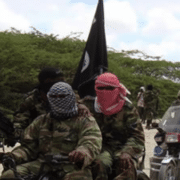
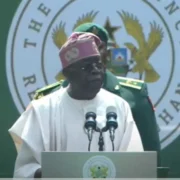
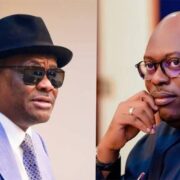
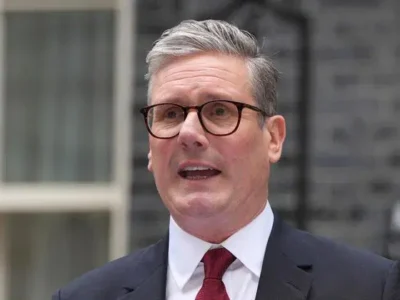
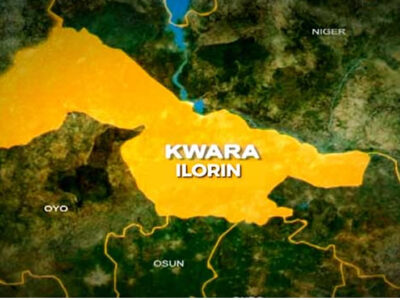
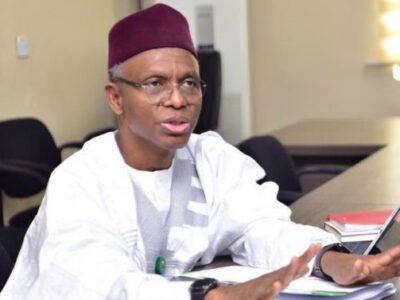
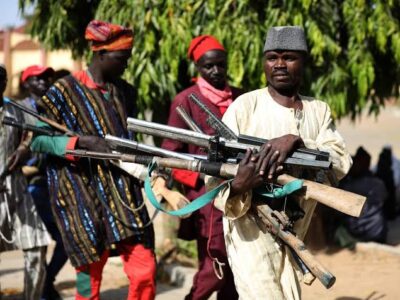









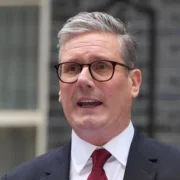
Comments